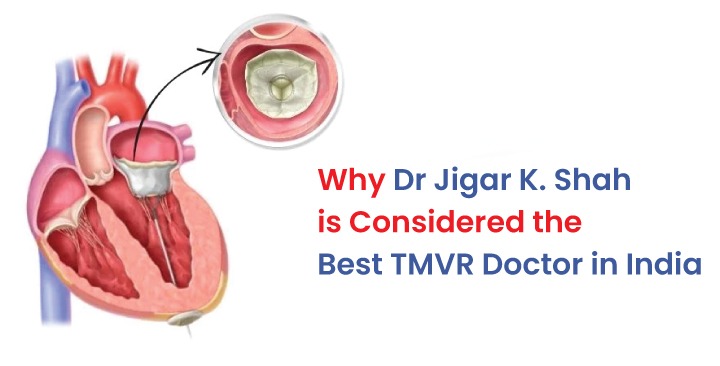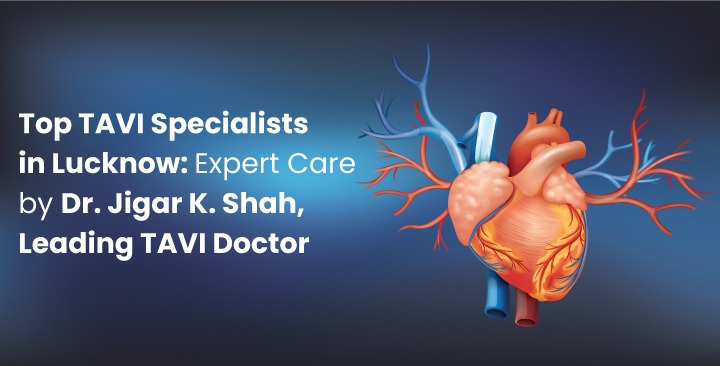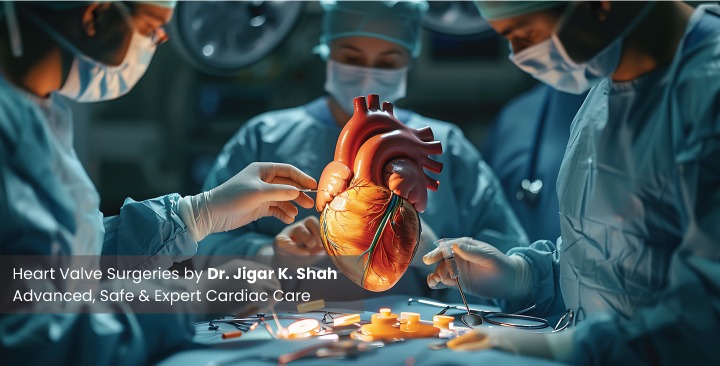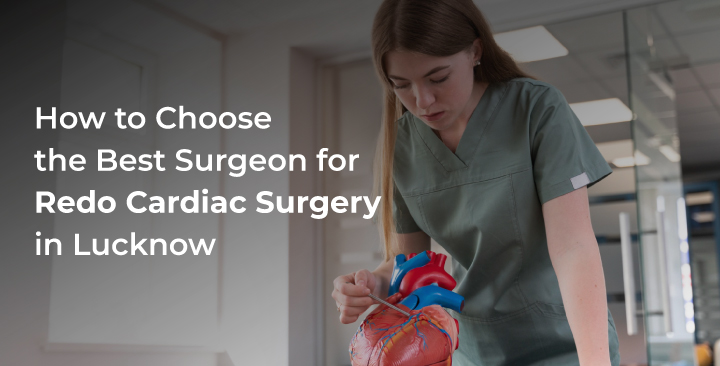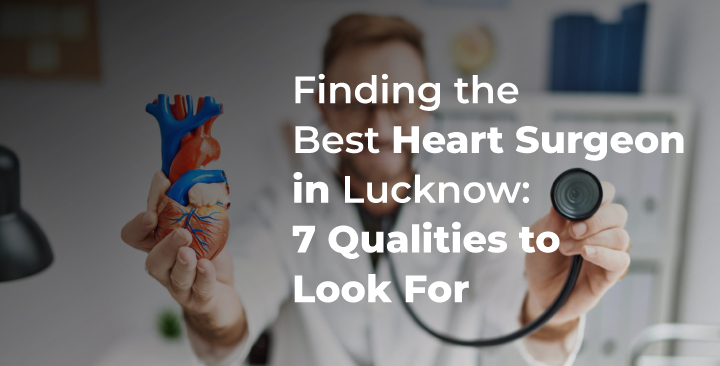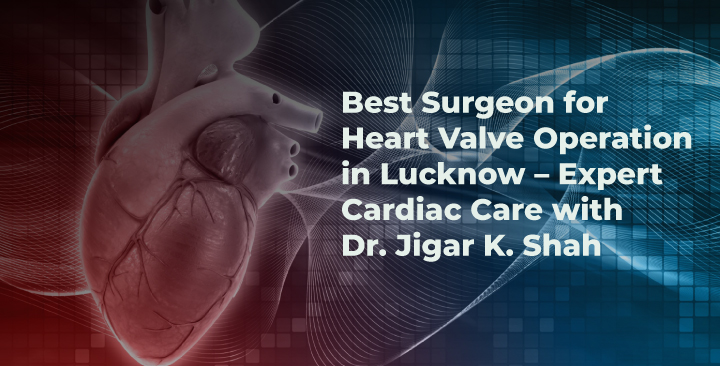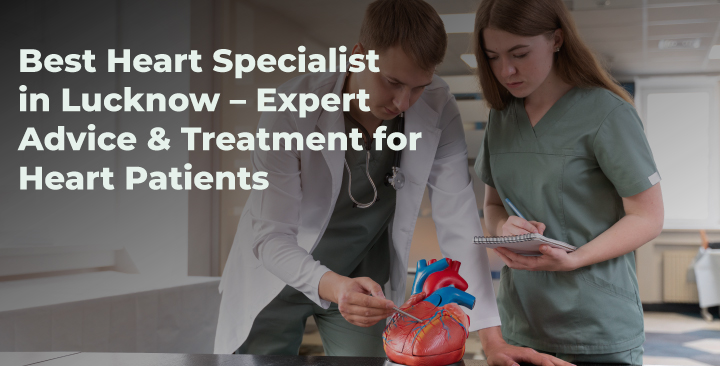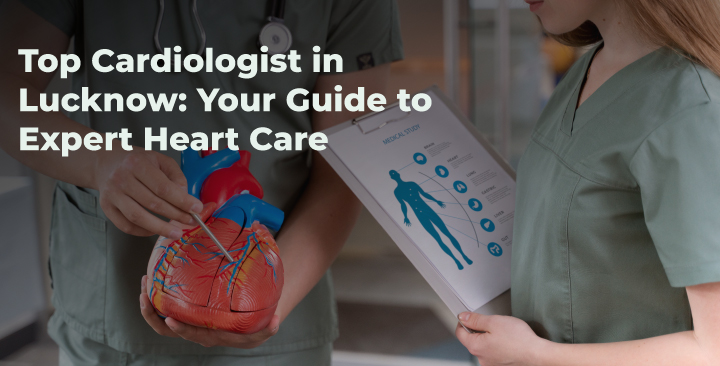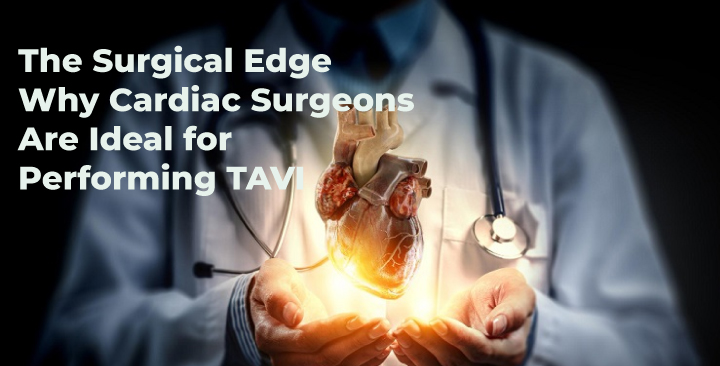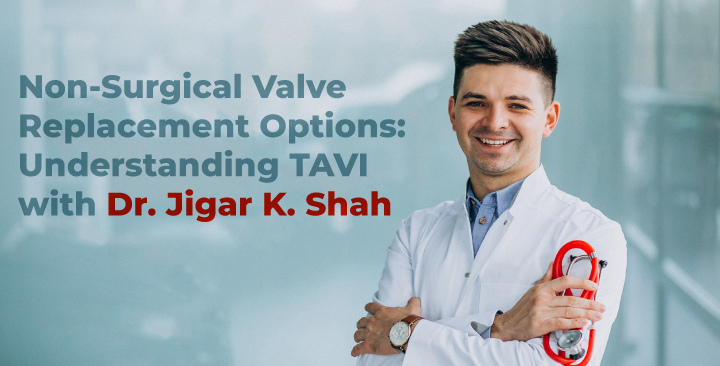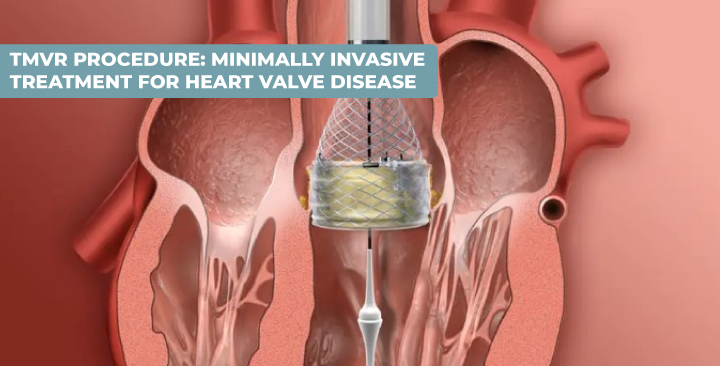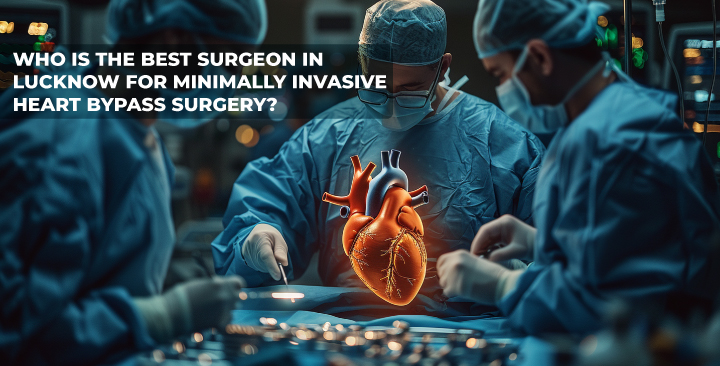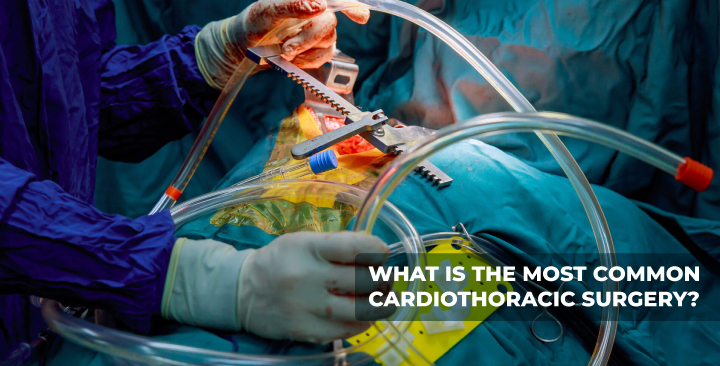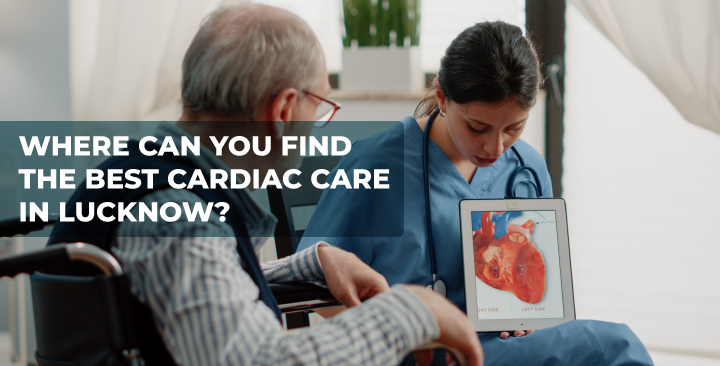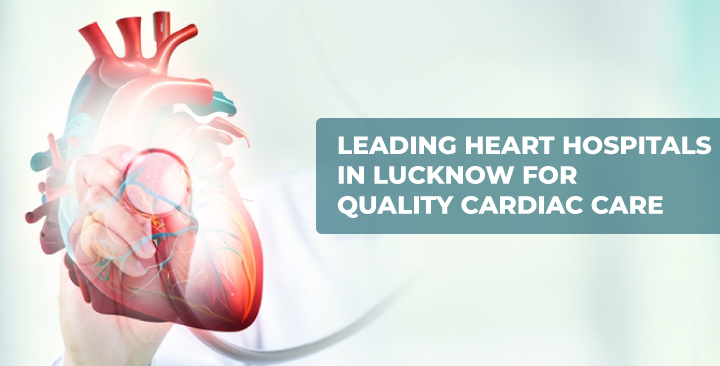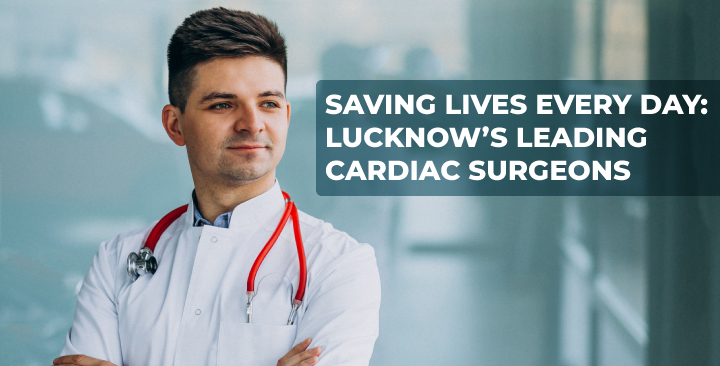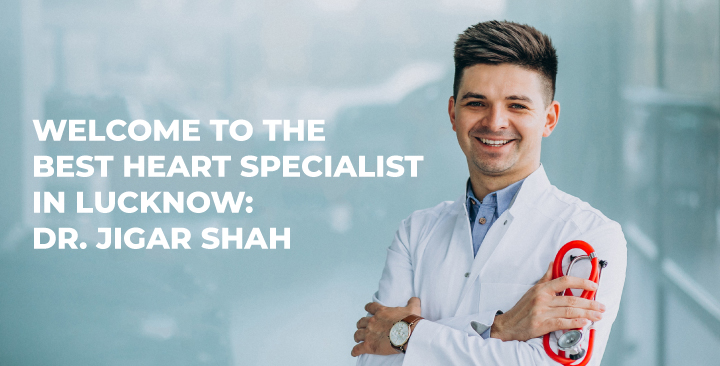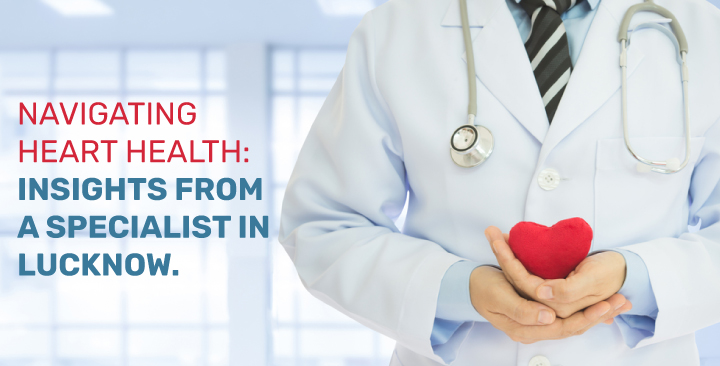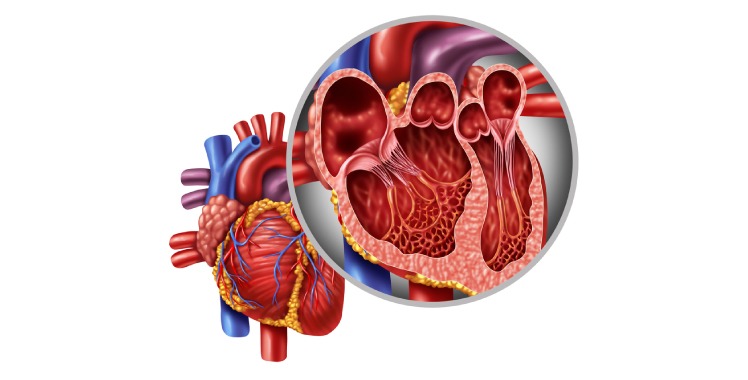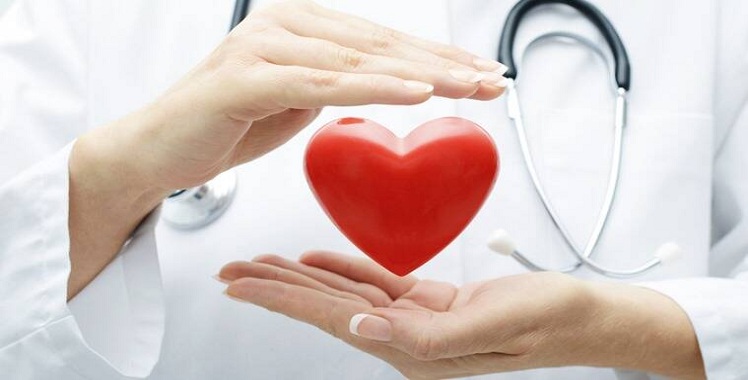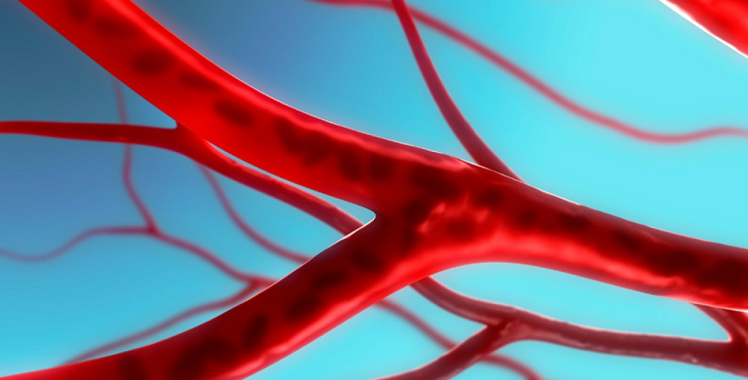
How Crucial Is Vascular Surgery?
Dr. Jigar K Shah09-Sep-2022
Seek help from a vascular surgeon in Lucknow
Any blockage, plaque, or valve obstruction in the arteries and veins of the circulatory system, including the body's lymphatic system, is the subject of the specialized field of surgery known as vascular surgery. Anyone can develop the vascular disease. It is important to have a Vascular Surgeon In Lucknow for those who have any health conditions that need the care of a specialist.
The simple fact is that a vascular surgeon is necessary for many people in their lives. Whether you are a person who has suffered from vascular disease, or you are an individual who has been told that you have an increased risk of developing vascular disease, it is necessary to know one nearby. These days the best way to find out if there is a vascular surgeon near me is to search online.
The risk factors for vascular diseases are as follows:
- Gender: Females are more susceptible to vascular problems than men.
- Age
- Due to heredity
- Pregnancy
- High triglycerides
- Hypertension
- Sedentary ways of living
- Obesity
- Smoking
- Alcoholism
- Diabetes
- Stagnant Lifestyle
Surgery is essential for fatal illnesses including vascular disease, which can cause a heart attack or stroke. To avoid accidents, one should always have a list of local vascular surgeons or specialists on hand.
The following are typical vascular conditions:
Aortic Abdominal Aneurysm
The largest artery in the body is the aorta, which receives blood directly from the heart. An aneurysm is an abnormal bulge that forms in the wall of the aorta and prevents regular blood flow to the lower parts of the body.
Coronary artery disease (PAD)
It is a condition that results from the development of hard plaques in the artery walls (atherosclerosis), which narrows and obstructs the arteries. Any such condition that affects the peripheral vascular system, which includes the arms and legs, is referred to as "PAD."
Varicose veins
Any damage to the valves causes the veins in the legs and feet to bulge out larger, which collects blood. Although it is largely painless, it is removed if it causes discomfort because it is regarded as un-aesthetic.
Artery-To-Vein Fistula (Av)
An AV fistula is a direct, atypical connection between a vein and an artery. Normally, blood moves from the arteries to the veins through the capillaries in the body's cells. The AV fistula, however, blocks blood flow to the capillaries that surround the artery, starving the cells of oxygen and nutrition.
Why should I get a Vascular Surgeon Near Me?
If you are questioning why should I search for a vascular surgeon near me, let us tell you that vascular diseases that the Vascular Surgeon In Lucknow treat, work in tandem with other doctors, such as cardiologists, to help patients who have been diagnosed with vascular diseases and they can save your life in emergency.
What different vascular operations are there?
Any vascular condition may be treated with one of the many vascular surgical techniques, which can be broadly divided into the following two fundamental categories:
Open Surgery
To access the damaged vascular section and treat the deficient area, the surgeon creates a large incision.
Vascular Endoscopy
It is a minimally invasive form of surgery in which the diseased area is reached and repaired using a long catheter (a long, flexible tube that is introduced into the patient's body under the guidance of an X-ray). It calls for a great deal of dexterity and skill.
Here are a few of the common vascular operations that can be used to address vascular conditions.
Angioplasty (With Or Without Stenting)
During this, the cardiovascular surgeon uses a catheter to implant a balloon into the restricted arterial area through an artery in the groyne. After that, the balloon is inflated to widen the artery. To maintain the balloon in place or stop the artery from getting any narrower further, a stent (a metal tube or wire mesh) may occasionally be implanted as well.
Atherectomy
To cut off plagues from a blood vessel, a specialized catheter with a razor blade end is put into the artery. It is mostly used to treat PAD and dialysis patients.
The procedure for AV fistula
During this procedure, an artery and vein are artificially connected, typically in the vicinity of the forearm. In patients with renal failure, this develops a robust vein and the ideal entry point for dialysis.
AV (arterial vein) graft
It creates dialysis access points but is only carried out on patients who do not have the proper veins to connect a fistula. In order to create a watertight cylinder, a synthetic fabric graft is stitched between an artery and a sizable vein in the armpit or elbow region.
Thrombectomy
In this, a catheter is used to aspirate the blood clot from a vein or artery, or mechanical thrombectomy is used to burst it open by the cardiovascular surgeon.
Surgery To Bypass Arteries
A healthy portion of an artery from a leg, arm, or other body part is taken during bypass surgery and grafted with the aorta and the opposite end of the blocked artery, allowing blood to flow normally through the new, unblocked artery.
Since this is an open procedure, substantial post-operative care is required.
Endarterectomy
In another open procedure, the blood vessel is ripped open and the plaques are surgically removed before being stitched back together. The majority of the time, it is used to open clogged carotid arteries that are located on either side of the neck and deliver blood to the brain and face. In order to treat clogged blood veins in the legs, femoral endarterectomy is performed.
What happens following vascular surgery in terms of recovery?
Depending on the procedure, the recuperation time ranges from one to two weeks. After surgery, bruises, swelling, and pain go away in two weeks. The patient must resume a gradual pace of walking as soon as possible. For at least two weeks, patients must refrain from physically demanding activities like jogging and leaping. Following angioplasty and bypass surgery, a full recovery takes eight weeks.
Conclusion
A vascular surgeon in Lucknow like Dr Jigar K Shah will be able to diagnose various diseases and provide a treatment plan for them. A vascular surgeon can also help to diagnose and treat a variety of other conditions, such as aneurysms, peripheral artery disease, or chronic leg pain. If you have any concerns about your vascular health, it is always best to search for a vascular surgeon near me and consult with a vascular surgeon in Lucknow sooner.

